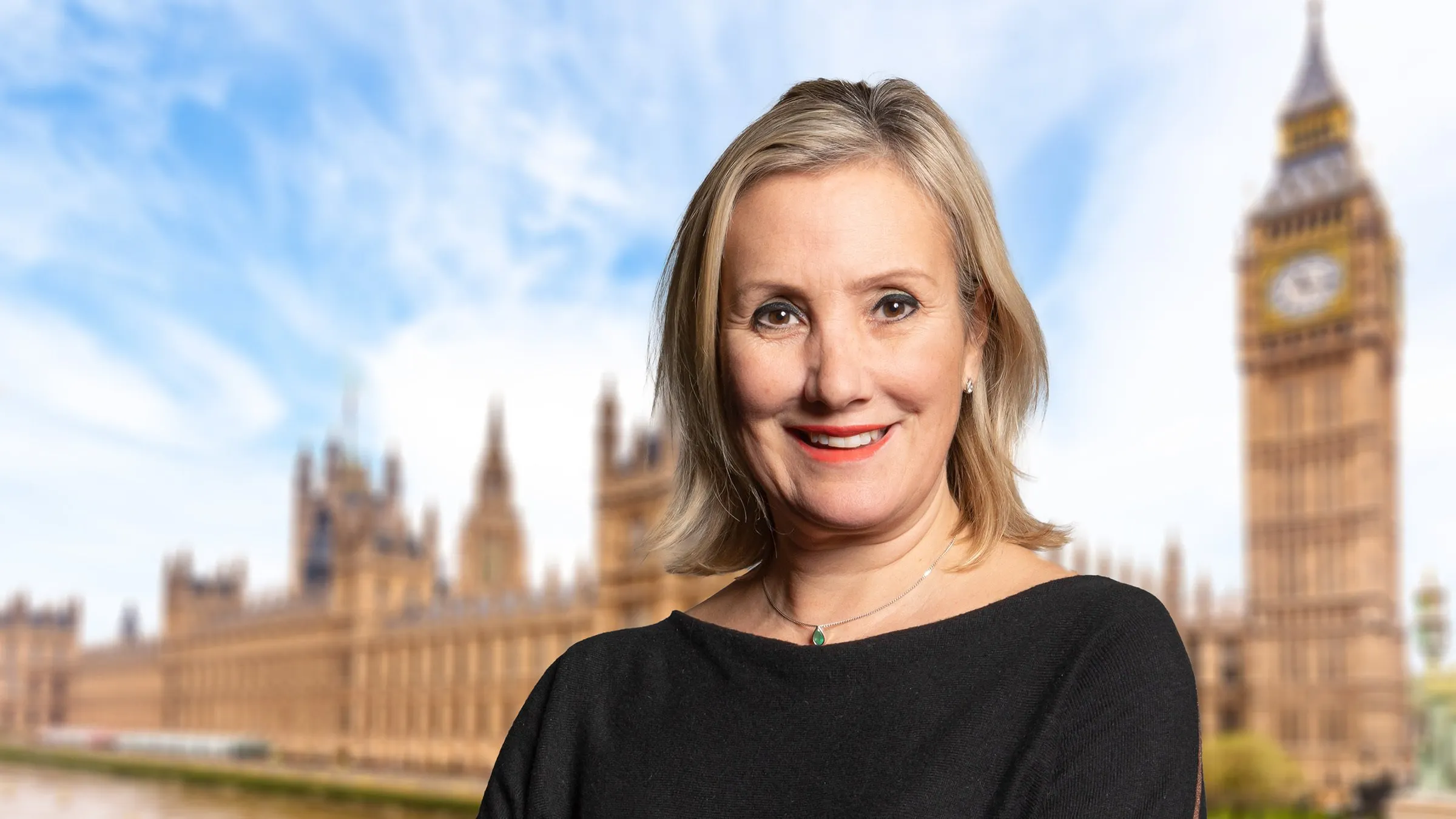AI developers must be stopped from freely using music, literature and artwork to train their models, a group of British lawmakers have warned.
In a new report, the UK government has been told that it must "rebuild trust" with creative industries and introduce safeguards to ensure their intellectual property isn't mined for profit.
The Culture, Media and Sport Committee—a cross-party group of Members of Parliament (MPs) that scrutinizes Rishi Sunak's administration—raised several areas of concern in a report released late Tuesday, and claims there are "weaknesses" in the government's policy.
For example, the group said initial plans to exempt text and data mining from copyright protection shows "a clear lack of understanding" about the creative sector, which generates $137 billion (£109 billion) a year and employs 2.3 million people.
Members of the committee went on to warn there must be urgent action to protect creators when their likeness or past performances are used without consent through generative AI.
"All branches of government need to better understand the impact of AI, and technology more broadly, on the creative industries and be able to defend their interests consistently," the MPs concluded.
Critics of the government's current approach, which including UK Music and the Universal Music Group, have described proposed laws in their existing form as a "green light to music laundering" that would cause "widespread and lasting harm."
The future threats posed by AI are also a hot-button topic in the US, where actors and writers are on their first joint strike since 1960 as studios pay top dollar for artificial intelligence specialists.
Rather than wait for regulation, some news outlets are already taking steps to stop their content from being scraped. According to The Guardian and CNN, the likes of The New York Times, Reuters, The Washington Post and ABC News have all implemented code to block OpenAI's web crawler, known as GPTBot, from accessing their material.
The committee's report isn't wholly dismissive AI, however, acknowledging that the technology could also rejuvenate the world of entertainment. It cited ABBA Voyage, a virtual concert depicting the Swedish pop group in their 1970s heyday, as a success story.
"The chorus of warnings from musicians, authors and artists about the real and lasting harm a failure to protect intellectual property in a world where the influence of AI is growing should be enough for ministers to sit up and take notice," Caroline Dinenage, the committee's chair and a Conservative Party member, said in a news release.
She went on to call for smaller AI developers to be given greater support in securing the necessary licenses to access creative works.
Prime Minister Sunak has previously adopted a bullish stance toward artificial intelligence, unveiling bold plans to invest over $100 million in an AI taskforce.

